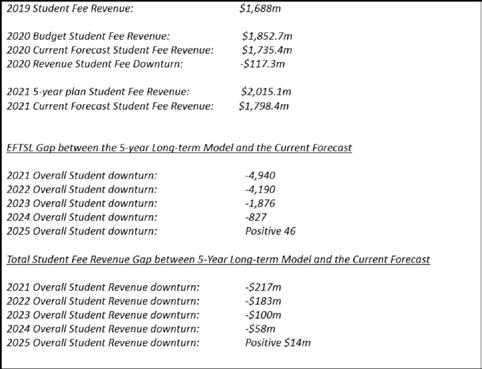PERSPECTIVE
Spaces in isolation Whilst reflecting on lockdown I kept thinking about the absurdity of it all. The necessary separation from our friends and our external lives. The anxiety of leaving the house. For many of us, we had probably never spent as much time inside as we did in the months from March to July. I wanted to capture the unique spaces we were confined to, so I asked five women to send me photos of a part of their house which was significant to them during lockdown, and to share the story of that significance with me. All five women reflected on their privilege and recognised that many people have, and will continue to face hardship as a result of COVID-19. Lockdown was a pluralistic experience and the perspectives that are shared here represent singular perspectives. During quarantine Olivia Niethe returned to her family home, a small beach village six hours north of Sydney. The picture shows a beautiful collection of all the things which became important to her during this time. Propped up on the left is a surfboard which she hadn’t touched for two years. She described the nostalgia that getting back into this hobby bought her and added that “the ocean, swimming and surfing became a huge part of getting through isolation”. To the right of the board is a crocheted rug which her Mum has made for each child as they left home. On top of the rug is a stack of novels (one being The Secret History which she highly recommends) and some piano books. Olivia noted her initial frustration of not being able to play the piano as well as she used to. However, this feeling was overcome by the joy she found in playing when she removed expectation. For Olivia the move home brought with it conflicting thoughts and feelings. It was a space so closely tied to her younger self and identity, so coming back felt like she was “going backwards”, reentering a time of her life that she’d moved so far from. But after reflecting, she realised that the space gave her the opportunity to be with her own thoughts, desires and emotions. She described how over the past two years she hadn’t stopped, constantly keeping up with social expectations, university and work. Looking back on her time spent at home in lockdown Olivia said, “I feel so grateful for what that space allowed me to be, allowed me to think and foster and do. I didn’t think I needed that space and I definitely came to appreciate it from a different perspective”. Phoebe Wolfe noted that 2020 was a start to the new decade, a time to turn a new leaf, but “the absolute irony is that we’ve all been forced to feel this stagnation”. Change is often marked by events external to us, but Phoebe commented on how lockdown forced us to acknowledge the internal changes. She also explained how, for her, staying in the same space meant “staying in old habits and old identities”. So, at the start of lockdown she decided to change her room around, painting her walls and rearranging the space. She said, “It felt like it was a different space even though it was the same room I’ve grown up in for 10 years.” I asked Phoebe how she feels about her room presently. She replied, “I’ve felt the urge to change it again. When I walk in it feels like I’m back in isolation”. For Phoebe there seems to be a strong association between the layout of a space and its connection to a particular time. She described how “we’re still in limbo, we could go back into isolation at any moment”. This made me reflect on how the future feels suspended between two outcomes: the first being the gradual return to life outside of lockdown, and the second, the lingering thought that COVID-19 cases will rise and we’ll have to return to isolation. I noticed a pair of pointe shoes hanging on the pink room divider in her room. When I asked Phoebe about them she explained that she’d watched a YouTube video of Alexa Chung going to a ballet class in New York. Feeling inspired she looked up the ballet teacher from the video and found that she was running online classes. There was a discounted pandemic price, so she logged on and rekindled her old passion for ballet. Anthia Balis also felt the need to change her space around during lockdown. She told me that she hadn’t changed the layout of her room in years and said ‘the first time I changed it around I couldn’t help but feel anxious. I think it’s a thing about change. But then I eased into it. And now I’m just enjoying the space”. We talked about the interplay between a person and their space. Even small things that seem trivial, like the position of the bed in the room, can affect the way we feel. Anthia said that her room was a “reflection of my mental and emotional state. If I’m feeling aligned my room will be neat”.
14








